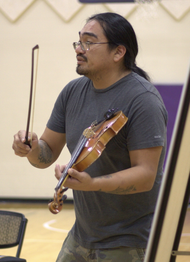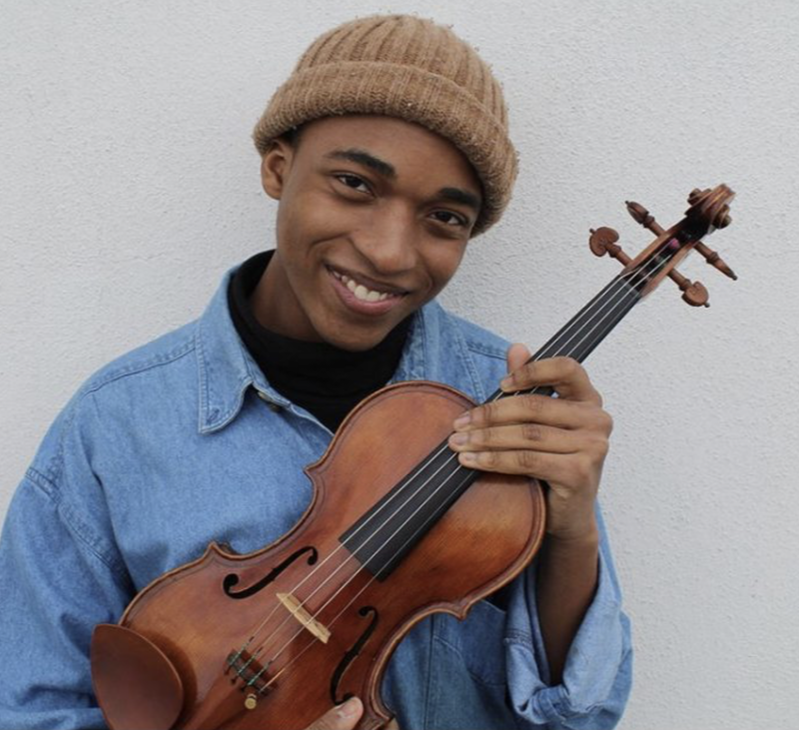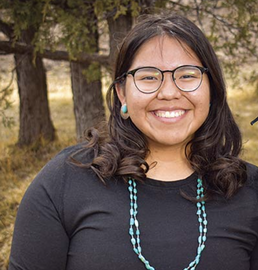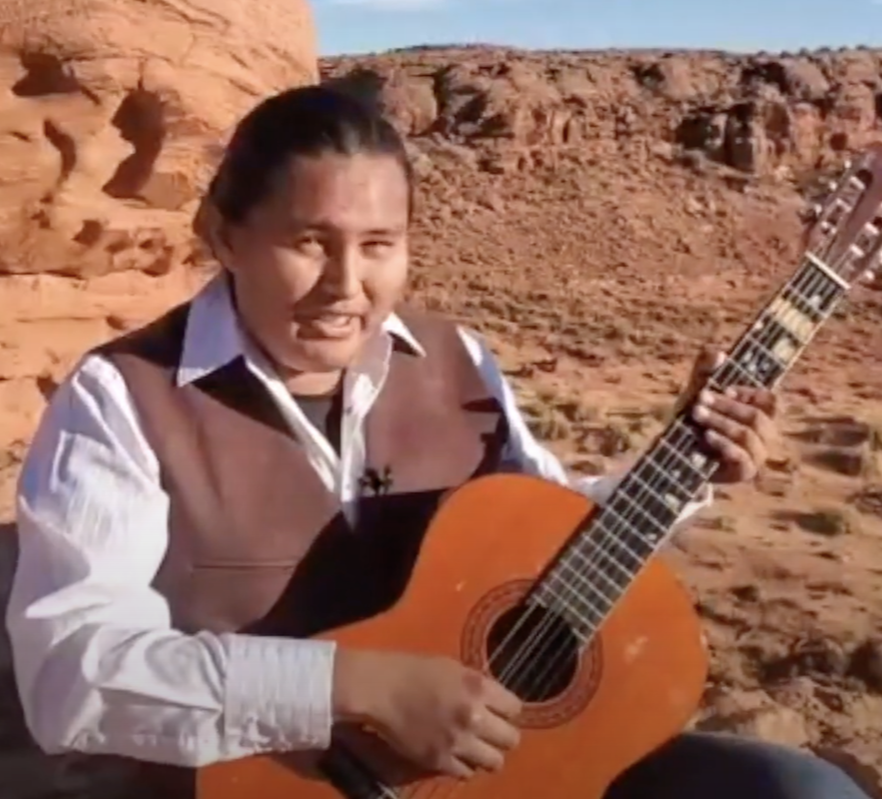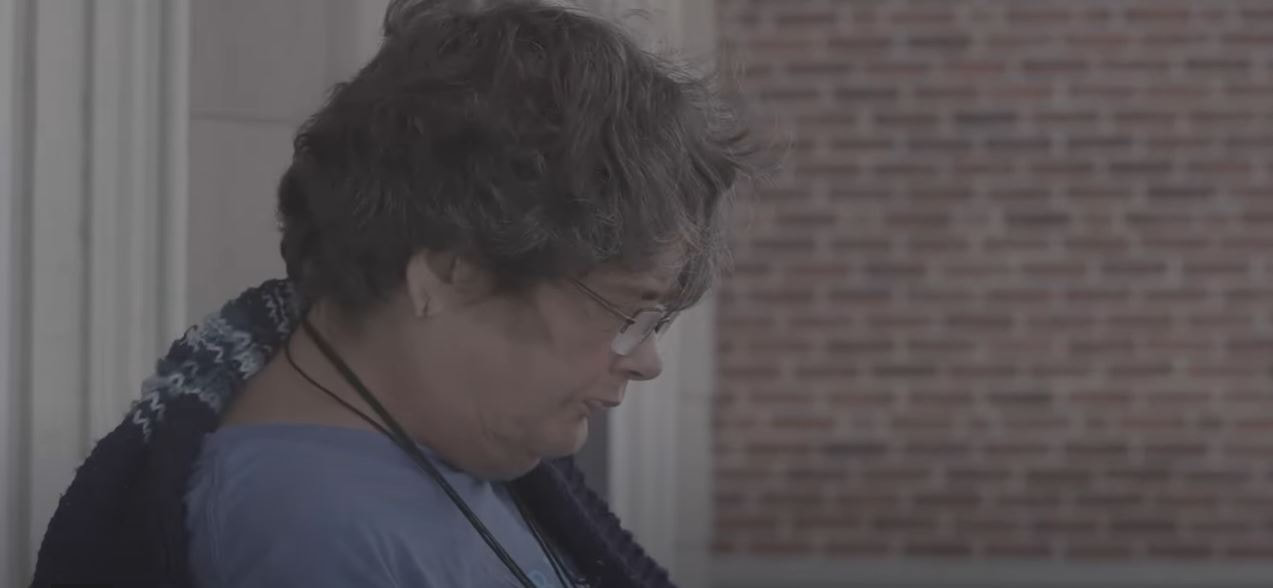2022 Julie Leven Artistic Project:
Voices of Hope
Voices of Hope is a series of short musical compositions based upon poems written by individuals experiencing homelessness in Boston, set to music by the seven composers listed below, and performed by Shelter Music Boston musicians in collaboration with the Black Seed Writers Group. All of the compositions have been recorded by SMB musicians and can be found on the Voices of Hope playlist.
Composers
|
Anthony R. Green
Photo by Colin Conces |
Shaw Pong Liu
Photo by Robert Torres |
|
Cina Curley
|
Xavier Ben
|
Black Seed Writers Group
Every Tuesday since 2011, homeless, transitional or recently housed people meet at the Cathedral Church of St. Paul for an hour and 15 minutes of free-writing. They are the Black Seed Writers Group. The writers' works are published in the literary magazine The Pilgrim and performed at readings at Brookline Booksmith.
Meet the Poets
The Poetry
You can hear the poets reading their own work in the videos below.
To read the poetry texts along with them, please click the button.
To read the poetry texts along with them, please click the button.
|
|
|
|
|
|
|
|
Why this project?
- Individuals experiencing homelessness are often dehumanized
- “Research by Harris and Fiske (2010) showed that many people don’t see homeless people as real human beings. Harris and Fiske made brain scans of regular people looking at objects and human beings. When looking at human beings, the medial prefrontal cortex was activated, which is involved in social cognition. When looking at objects, the medial prefrontal cortex didn’t light up, and the same happened when they saw pictures of heavy marginalized groups like substance dependent or homeless people.”
- Studies have shown that people exhibit empathy avoidance toward the homeless.
- “Often people fail to respond to those in need. Why? In addition to cognitive and perceptual processes such as oversight and diffusion of responsibility, a motivational process may lead people, at times, to actively avoid feeling empathy for those in need, lest they be motivated to help them. It is predicted that empathy avoidance will occur when, before exposure to a person in need, people are aware that (1) they will be asked to help this person and (2) helping will be costly. To test this prediction, Ss were given the choice of hearing 1 of 2 versions of an appeal by a homeless man for help: an empathy-inducing version or a non-empathy-inducing version. As predicted, those aware that they soon would be given a high-cost opportunity to help the man chose to hear the empathy-inducing version less often than did those either unaware of the upcoming opportunity or aware but led to believe that helping involved low cost.”
- The COVID-19 pandemic has exacerbated the homelessness crisis in cities across America.
- “For the many households that had to tap savings or go into debt to cover lost income last year, the impacts of the pandemic will linger well into the future. A Joint Center review of surveys conducted over the past year found that about a quarter of the renters with COVID-related job losses reported that they had substantially depleted their savings, another quarter had borrowed from families and friends, and a tenth had turned to payday or personal loans. Even assuming they regain their financial footing, these households will have fewer resources to draw on whether for everyday needs, emergencies, or for a downpayment on a home. Recovering from the devastating effects of the pandemic will be harder yet for those who have lost loved ones to COVID-19 or are themselves suffering from the long-term debilitating effects of the virus.”
|
Why music?
|
Why Shelter Music Boston?
|
|
FOLLOW US
© COPYRIGHT 2024. ALL RIGHTS RESERVED.
|




